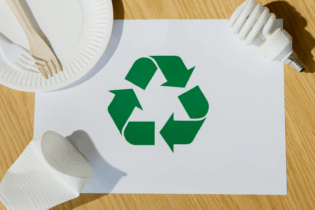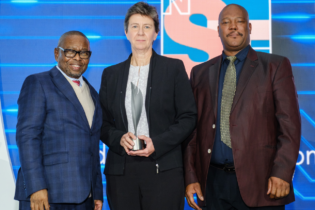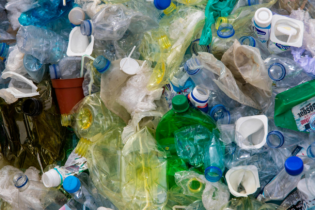Ghana’s Deputy Minister of Local Government and Rural Development, Elvis Afriyie Ankrah, has said the conventional practice of collecting waste and disposing them at a dumping site was not the best for the African continent, and that the adoption of modern waste management practices should be the sole priority of players in the sanitation industry.
According to the minister, despite the good prospects and successes achieved in the waste management sector through the help of the Public-Private Partnership (PPP) arrangement, especially in Ghana, there were multiple challenges of varying magnitude still confronting the nation. Those challenges, he noted, include lack of appropriate dumping/sanitary landfill sites; poor attitude and perception of the populace towards waste and environmental sanitation; low interest in waste technology and application; inadequate waste management inputs; lack of skilled waste management personnel; absence of enforceable regulation on environmental sanitation; and unclear definition roles and responsibilities of the key actors and relevant stakeholders. “A cursory look at waste management practices elsewhere, points to the fact that developing African nations that are faced with these waste management challenges need to move away from the conventional practice of “collection-haulage-dumping,” to more modern systems of waste management that integrates waste reduction, separation, reuse, recycling and treatment,” noted Ankrah. The minister made this observation when addressing players in the waste management sector at an international conference on Integrated Waste Management in Western Africa, held in Accra.The two-day conference, the first of its kind in the country, brought together a West African group of nineteen consortium partners from eleven countries, under the Integrated Waste Management in Western African (IWWA) project, as well as other sanitation experts from Egypt, South Africa, Germany, Spain and Sweden.
The IWWA initiative aims at strengthening the institutional framework for Solid Waste Management, empowering authorities and the relevant stakeholders, as well as for planning and management of solid waste in Western Africa. According to Ankrah, modern systems of separating waste, recycling and reusing them has proven to be more sustainable, economically prudent, and environmentally acceptable for other nations, and urged the participants to consider alternative ways in approaching waste management in their deliberations. “We need to carefully evaluate current systems and approaches, and compare them with best practices elsewhere, in order to come up with mechanisms that will suit the African situation very well,” said the minister his statement. “We must manage liquid waste properly in relation to solid waste, if we want to achieve the Millennium Development Goals.”Source: allAfrica






